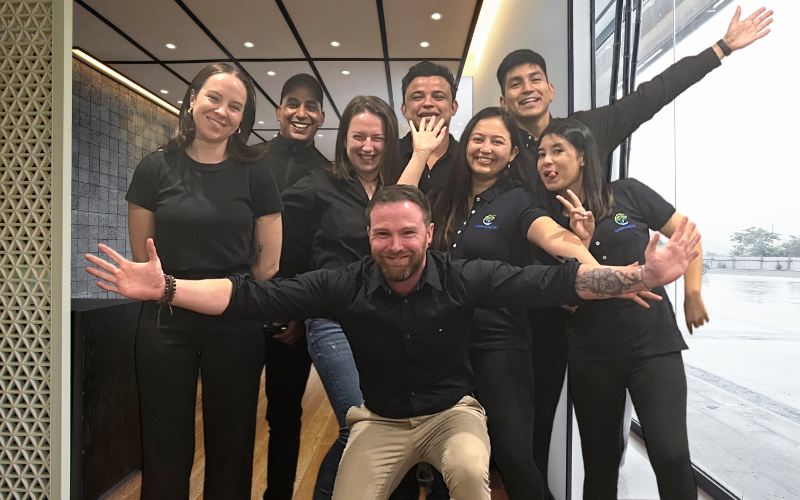Technology Struggles: Accessing and Affording Assistive Devices in the Disability Community

Accessible technology has immensely aided people with disabilities in leading a more independent life. However, accessing and affording supportive devices is still a major challenge in the disability community. The cost of supportive technology can be incredibly high and insurance coverage is insufficient to cover the expense in many cases. Besides, there is a lack of awareness about the types of assistive devices available and their importance in the lives of people with disabilities. Through this blog, we aim to highlight the struggles of accessing and affording supportive devices and how this impacts the lives of people with disabilities.
1. High Cost of Assistive Devices
Assistive devices such as wheelchairs, prosthetics, and speech synthesisers are highly advanced, sophisticated pieces of equipment. For instance, a high-end powered wheelchair can cost anywhere from $15,000 to $50,000. Patients who do not have insurance or whose insurance does not cover the costs may have to opt for second-hand or older models, which can compromise their safety and independence. Many patients often have to resort to crowdfunding or looking for grants to get the necessary funds for acquiring supportive devices.
2. Insurance Coverage
Insurance coverage for supportive devices is a necessity, but unfortunately, many people with disabilities find it challenging to obtain insurance that covers assistive technology. While some policies cover a portion of the cost, others do not cover assistive devices at all, leaving patients with little to no options. Another issue is that many insurance companies consider assistive technology as a ‘luxury’ rather than a necessity. This perception creates a considerable barrier for individuals to access the necessary supportive technology to improve their quality of life.
3. Limited Awareness
The lack of awareness among the healthcare system, policymakers, and the general public about the importance of assistive technology in improving the lives of people with disabilities is another major challenge. Many people with disabilities are unaware of the types of supportive devices available and the ways in which they can improve their lives. On the other hand, healthcare professionals may not have the knowledge or expertise to recommend relevant assistive technology to their patients or are unaware of the early signs of assistive technology needs.
4. Need for Custom-Fitted and Specialised Assistive Devices
Many people with disabilities require custom-fitted supportive technology, and this can further increase the expense. For example, someone who has lost a limb may need a prosthetic limb, which needs to be custom fitted to ensure maximum functionality. This can be an expensive and lengthy process, further hampering the ability of people with disabilities to access the necessary devices. Furthermore, specialised assistive technology, such as Braille readers, braillers, and adaptive switches may be required to meet the unique needs of people with disabilities, but are often not covered under insurance.
5. The Impact of Inaccessible Assistive Devices
The inaccessibility of supportive technology can have far-reaching consequences for people with disabilities. It can restrict their ability to participate in social activities, education, work, and impact their overall health and wellbeing. For instance, if a person with a mobility impairment does not have access to a power wheelchair, they may find it challenging to move around and participate in daily activities. This may lead to social isolation, depression, anxiety, and other mental health issues that can negatively affect their overall wellbeing and quality of life.
Conclusion:
Assistive technology has the potential to transform the lives of people with disabilities by increasing their independence, mobility and overall quality of life. However, the cost of acquiring assistive devices, lack of insurance coverage, limited awareness, custom-fitting requirements, and the unaffordability of specialised supportive devices, continue to be a challenge in the disability community. It is essential that we raise awareness of these difficulties and advocate for policies, insurance coverage, and funding options to support people with disabilities’ access to necessary assistive technology. Addressing these challenges will unlock the potential of assistive technology to empower and support the disability community.
Book a free Consultation with us today!
Mobile : 1800960068
Email : contactus@iseeksupport.au









